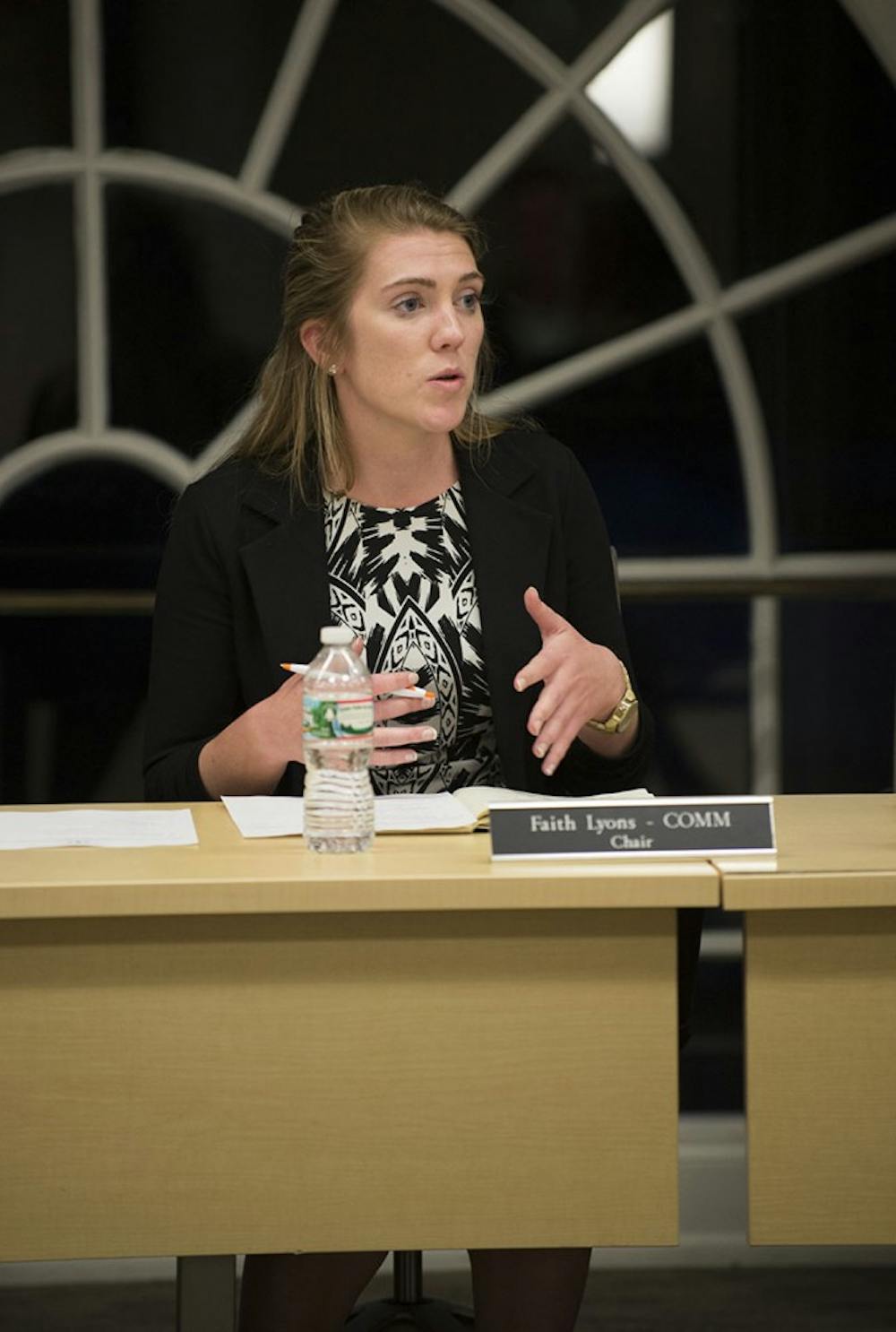From Feb. 19-25, the University student body will be able to vote on two Honor Committee proposals which could change the way the Honor Committee responds to student opinions and the way in which students are punished for honor violations.
1. What the proposals are
The Honor Committee passed three referenda last year mandating the following: 1. The committee would assemble every two years to gauge student opinion; 2. Responses from the student body to polls would result in changes to the Honor constitution to reflect the results; and 3. The committee would poll students on their opinion on the “single sanction system.” The proposals that will appear on the ballot Feb. 19-25 give students an opportunity to change the constitution’s language, effectively changing both referenda two and three.
2. How the proposals will — or won’t — affect the single sanction
Proposal one will change the wording of the constitution, effectively to alter the single sanction provision. The current version of the constitution reads, “The Honor Committee shall exclude permanently from student status University students found to have committed honor violations.” Any reported violations of the code result in an Honor Committee investigation, and, if the student is found guilty, expulsion.
The proposed changes would alter this language to either “The Honor Committee shall, with the exception of the Conscientious Retraction and Informed Retraction, exclude permanently from student status University students found to have committed Honor violations,” or to “The Honor Committee shall have the power to exclude permanently from student status or impose lesser sanctions to University students found to have committed Honor violations.” The second option could lead to the implementation of a multi-sanction system.
3. What the second proposal will do
The current constitution’s wording is vulnerable to change depending on students’ responses to polls. Because this provision does not involve changing their by-laws — their guidelines for operation — their ability to implement a multi-sanction system relies on their by-laws.
The proposal would change the current constitutional language regarding this provision. The part of the constitution which reads “…in the following year, put such question before the student body as a binding constitutional amendment” would change to “shall enact a response within the time frame of one year,” allowing the committee to add a multi-sanction system in addition to removing the single-sanction system.
4. When and where the vote will take place
Beginning Friday, Feb. 19 at 10 a.m., the University Board of Elections will post a link to the poll corresponding to the proposals on their website. This link will be active until Thursday, Feb. 25 at 4 p.m.
5. How many honor cases per year, on average, end up using the single sanction rule to expel students
Honor Chair Faith Lyons, a fourth-year Commerce student, said in an email statement case statistics vary depending on the year.
“We typically get 50-60 reports, roughly 10-15 students will take the Informed Retraction,” Lyons said. “We'll have around 10-12 hearings and 3-5 students will be found guilty.”
Correction: This article previously stated the altering of the language of the Honor Committee's constitution would lead to the implementation of a multi-sanction system. The altering of the language gives the Honor Committee the option to implement a multi-sanction system.







